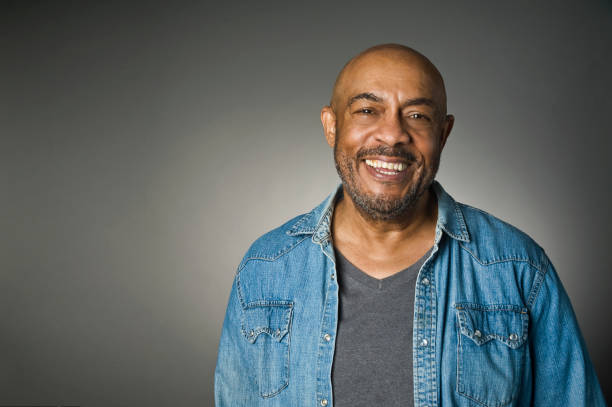
If your doctor just told you that you have NMOSD, you’re probably feeling a wide range of emotions. Although it’s a rare disease that you may not have heard of before your diagnosis, you’re probably relieved to finally have answers, even if those answers come with shock and concern about what the future holds. These feelings are all normal and a part of the process. Remember to give yourself time to process your emotions. As you process these emotions, here is a guide to what you can expect after receiving an NMOSD diagnosis.
Assembling your care team
In order to get the most out of your NMOSD treatment, it’s important to find the right care team. A good place to start is with a neurologist who is familiar with the rare condition. Looking for a place to start? Try an MS center for recommendations. If you can’t find a center near you, try attending appointments virtually.
Once you land on a neurologist, he or she can help you assemble a care team that can address your individual needs. Your care team will be similar to the one someone with MS may have. This includes a wide range of practitioners such as:
- an ophthalmologist for eye pain and vision loss from optic neuritis
- a nurse practitioner who you can see more frequently for symptom management, and to answer questions
- a psychologist to address the emotional stress of this life-changing condition
- a neuropsychologist to help with any cognitive issues or decline
- a physical therapist for walking, balance, and gait issues
- an occupational therapist to help you figure out strategies and tools to maintain your independence at home and in the community
- a urologist for bladder and constipation problems
As you go through this process, you may find it difficult to adjust, so remember to be kind to yourself.
RELATED: Living with NMOSD
Finding the right medication
You may understandably be upset by an NMOSD diagnosis, but the good news is the treatments that are available to patients have changed dramatically in the last two years, Oliver Tobin, M.B., associate professor of neurology at Mayo Clinic College of Medicine in Rochester, MN says.
In order to stop your attack, doctors will use I.V. steroids (and maybe plasma exchange). Once this is successfully done, the next step is to prevent future attacks and pre-empt more damage. Unfortunately, there is no treatment available that is 100% effective. The good news, however, is that drugs such as steroids, rituximab, immunosuppressants, and NOMSD-specific drugs can reduce the severity and frequency of your relapses.
Making healthy changes
Obesity has an impact on inflammatory diseases such as NMOSD, so it is a good idea to consume a heart-healthy diet full of fruits, vegetables, and whole grains and low on sugar, processed foods, and red meat. This will help you control your weight, give you energy and help you fight off heart disease.
Getting active can also be beneficial as long as you’re doing it every day. If you are a smoker, it is also a good idea to quit.
Making lifestyle adjustments
Depending on the state of your condition, you may need to make some adjustments at work or school.
For example, if you are a college student whose memory has been affected by NMOSD, you may need a








